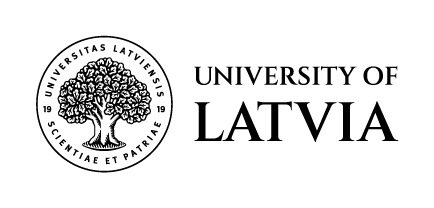Economic Emigration from Poland to Latvia in 1928–1939
DOI:
https://doi.org/10.22364/luzv.15.01Keywords:
Poland, Latvia, interwar, agriculture, seasonal emigrationAbstract
The economic emigration from Poland to Latvia was a consequence of the socio-economic situation in both countries. The internal determinants of emigration were agrarian overpopulation and poverty in the Polish countryside. In this situation, many people saw a chance to improve their lives abroad. The problem of the overabundance of labourers in rural Poland coincided with a period of economic growth in Latvia. At a time when Poland was struggling with overpopulation and an excess of labour in the countryside, the Baltic country faced scarcity of hands in agriculture. The emigration movement to Latvia lasted from 1928 to 1939. The number of Polish workers employed in Latvian agriculture is estimated at over 100,000 people. The aim of the article is to analyse the origins, course and consequences of economic emigration from Poland to Latvia during this period.
Downloads
Published
Issue
Section
License
Copyright (c) 2023 University of Latvia

This work is licensed under a Creative Commons Attribution-NonCommercial 4.0 International License.


